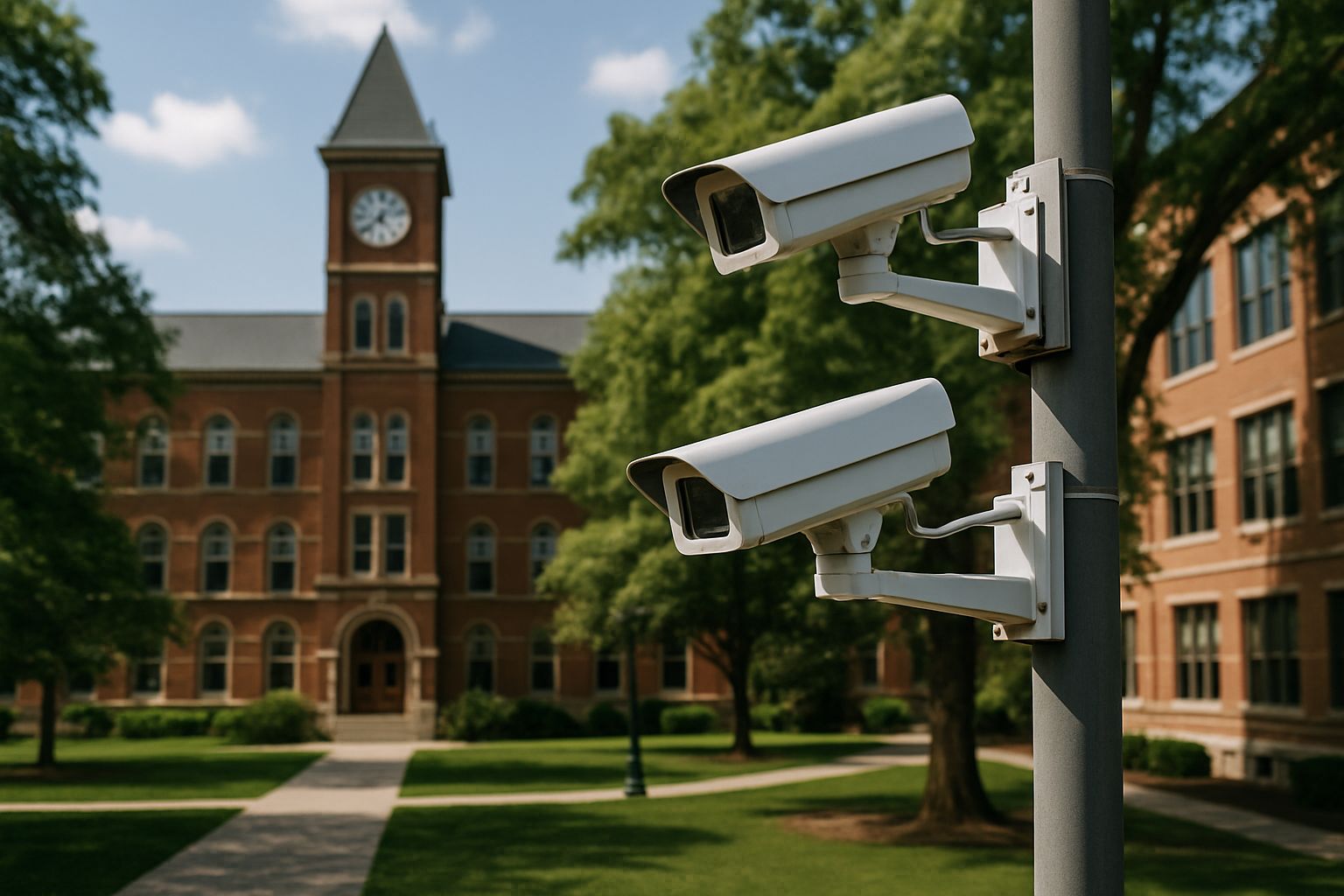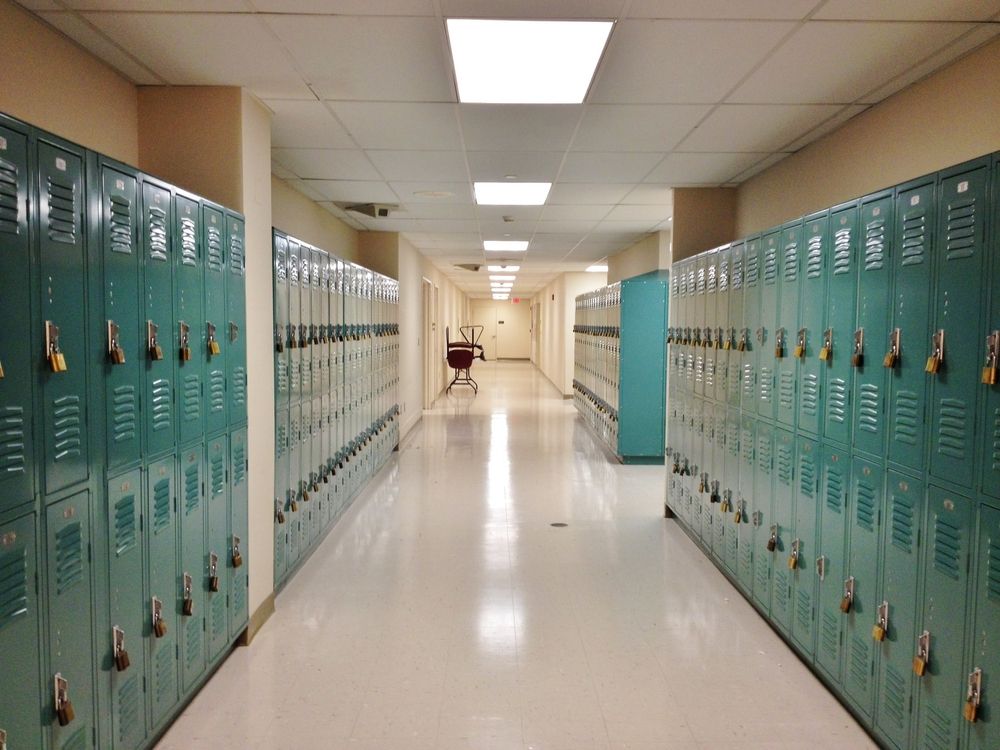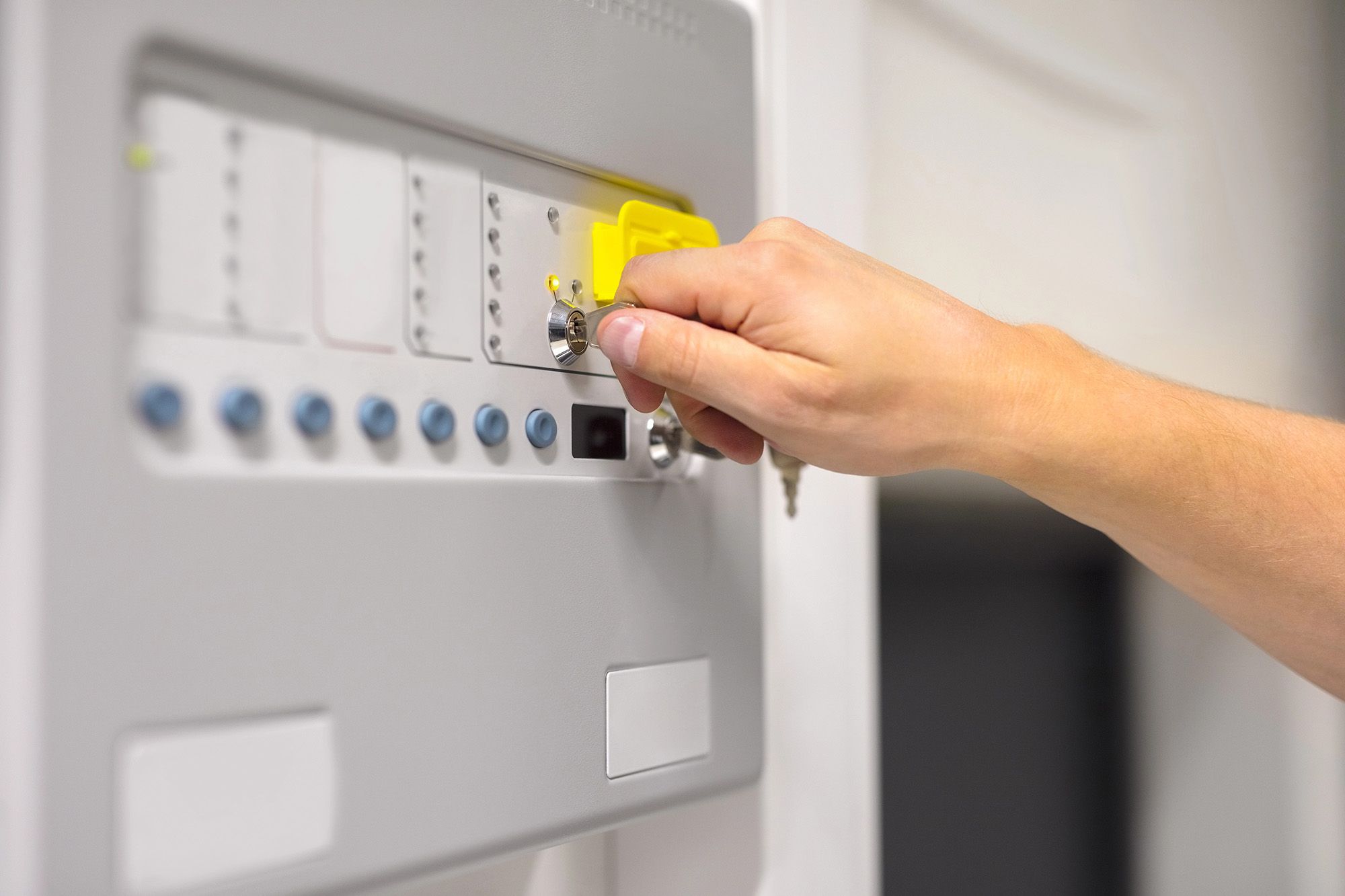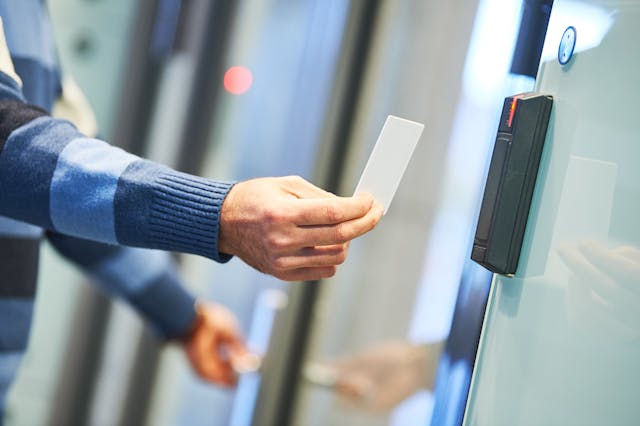Security guards, also called security officers, patrol and inspect property to protect against fire, theft, vandalism, terrorism, and illegal activity. They protect their employer’s property, enforce laws on the property, deter criminal activity, and other problems. These workers may be armed. They use various forms of telecommunications to call for assistance from police, fire, or emergency medical services. Security guards write comprehensive reports outlining their observations and activities during their assigned shift. They also may interview witnesses or victims, prepare case reports, and testify in court.
Although all security guards perform essentially the same function, their specific tasks depend on whether they work in a “static,” or stationary, security position or on a mobile patrol. Guards assigned to static security positions usually stay at one location for a specified length of time. These guards must become closely acquainted with the property and people associated with their station and must often monitor alarms and closed-circuit TV cameras. In contrast, guards assigned to mobile patrol drive or walk from one location to another and conduct security checks within an assigned area. They may detain or arrest criminal violators, answer service calls concerning criminal activity or other safety concerns, and issue traffic violation warnings.
The security guard’s job responsibilities also vary from one employer to another. In department stores, guards protect people, records, merchandise, money, and equipment. They often work with undercover store detectives to prevent theft by customers or employees, and help apprehend shoplifting suspects prior to the arrival of the police. Some shopping centers and theaters have officers who patrol their parking lots to deter assaults, car thefts, and robberies. In office buildings, banks, and hospitals, guards maintain order and protect the institution’s customers, staff, and property. At air, sea, and rail terminals and other transportation facilities, guards and screeners protect people, freight, property, and equipment. Using metal detectors and other identification equipment, they may screen passengers and visitors for weapons and explosives, ensure that nothing is stolen while a vehicle is being loaded or unloaded, and watch for fires and criminals.
Guards who work in public buildings such as museums or art galleries protect paintings and exhibits by watching people and inspecting packages entering and leaving the building. In factories, laboratories, government buildings, data processing centers, and military bases, security officers protect information, products, computer codes, and defense secrets, and check the credentials of people and vehicles entering and leaving the premises. Guards working at universities, parks, and sports stadiums perform crowd control, supervise parking and seating, and direct traffic. Security guards stationed at the entrance to bars and nightclubs, prevent access by minors, collect cover charges at the door, maintain order among customers, and protect patrons and property.
Although all security guards perform essentially the same function, their specific tasks depend on whether they work in a “static,” or stationary, security position or on a mobile patrol. Guards assigned to static security positions usually stay at one location for a specified length of time. These guards must become closely acquainted with the property and people associated with their station and must often monitor alarms and closed-circuit TV cameras. In contrast, guards assigned to mobile patrol drive or walk from one location to another and conduct security checks within an assigned area. They may detain or arrest criminal violators, answer service calls concerning criminal activity or other safety concerns, and issue traffic violation warnings.
The security guard’s job responsibilities also vary from one employer to another. In department stores, guards protect people, records, merchandise, money, and equipment. They often work with undercover store detectives to prevent theft by customers or employees, and help apprehend shoplifting suspects prior to the arrival of the police. Some shopping centers and theaters have officers who patrol their parking lots to deter assaults, car thefts, and robberies. In office buildings, banks, and hospitals, guards maintain order and protect the institution’s customers, staff, and property. At air, sea, and rail terminals and other transportation facilities, guards and screeners protect people, freight, property, and equipment. Using metal detectors and other identification equipment, they may screen passengers and visitors for weapons and explosives, ensure that nothing is stolen while a vehicle is being loaded or unloaded, and watch for fires and criminals.
Guards who work in public buildings such as museums or art galleries protect paintings and exhibits by watching people and inspecting packages entering and leaving the building. In factories, laboratories, government buildings, data processing centers, and military bases, security officers protect information, products, computer codes, and defense secrets, and check the credentials of people and vehicles entering and leaving the premises. Guards working at universities, parks, and sports stadiums perform crowd control, supervise parking and seating, and direct traffic. Security guards stationed at the entrance to bars and nightclubs, prevent access by minors, collect cover charges at the door, maintain order among customers, and protect patrons and property.
Boston New England Security Agency, Security Guard Companies Boston, Security Guard Companies Ma, Security Guard Services, Armed Security Guards Boston, Private Investigators Boston





